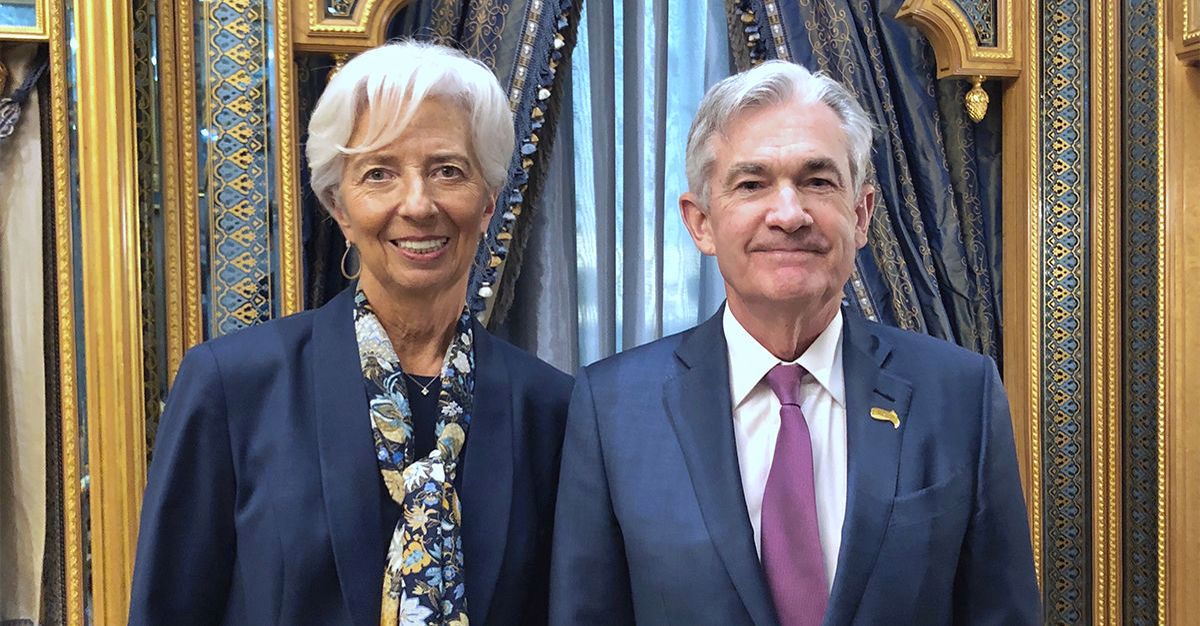Brent runs out of steam, but remains on course for 6% weekly gains
Front-month ICE Brent has declined $2.17/bbl in the past day, to $80.12/bbl at 09.00 GMT, but the futures are poised to gain nearly 6% on the week, amid signs of a demand recovery.

PHOTO: (from left to right) European Central Bank President Christine Lagarde and Chairman of the US Federal Reserve, Jerome Powell. Official LinkedIn of Christine Lagarde
Upward pressure:
Brent has enjoyed a solid week against a backdrop of positive outlooks from OPEC and the International Energy Agency (IEA).
According to OPEC and the IEA, global oil demand is expected to rise next year, with China playing a key role. Furthermore, the IEA expects another oil price rally in 2023 due to tightening oil supply.
According to a Wall Street Journal report, the weeklong shutdown of the crucial Keystone Pipeline between the US and Canada has already begun to impact production at US Gulf Coast refineries. Despite restarting a small segment of the Keystone Pipeline, market observers expect it will take weeks to fully reopen the pipeline, putting Cushing's crude stocks at risk. Cushing, Oklahoma is a major US crude storage facility.
Data indicates that EU sanctions on Russian seaborne crude imports have started to be felt, which could bode well for Brent futures. “Since 5 December, 4.4 million bbls have been loaded onto tankers at (major Russian port) Kozmino, tanker tracker data shows. That’s exactly half the level seen a month ago,” writes ANZ commodity strategist Daniel Hynes.
Downward pressure:
“Crude oil edged lower amid fears of a global economic slowdown. Several central banks outside of the US joined the Fed in hiking rates yesterday. The tighter monetary policy is already having an impact on industrial activity. The prospect of further tightening following hawkish comments from policy makers weighed on sentiment,” writes Hynes.
The US Federal Reserve, European Central Bank, the Bank of England and Swiss National Bank increased their key interest rates by 50 basis points in a blitz of action to stem inflation caused by soaring food and energy prices.
The World Bank and the International Monetary Fund (IMF) have also expressed concerns about deteriorating global economic conditions and hinted at a possible recession in the US and Europe next year.
By Konica Bhatt
Please get in touch with comments or additional info to news@engine.online






